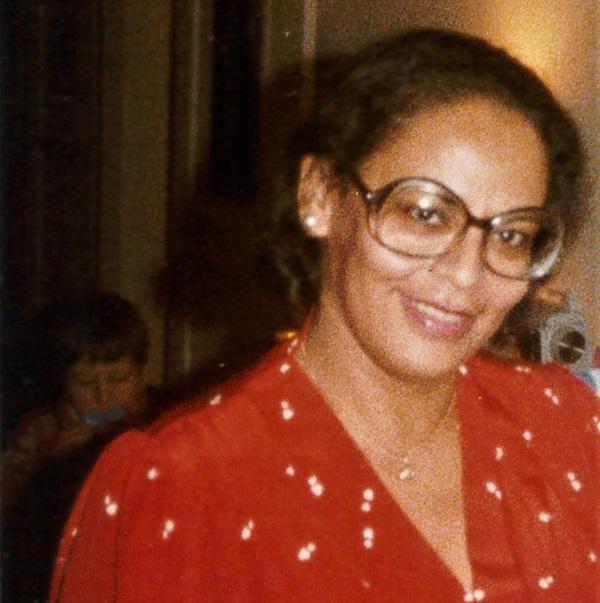Elaine Denniston

Elaine Denniston worked as a data keypuncher at the MIT Instrumentation Lab--now the Draper Laboratory--from 1966 to 1968.
Away from the flurry of control rooms and high-end software engineering, there were many women working on computer programming for Apollo. In these early days of computer science, it took a village to create a single program, and few people worked on a given program alone from start to finish.
Instead, engineers wrote the programs on long sheets of paper, and someone else – a nontechnical staff member, usually – punched those programs into cards that the early computers could read.
Elaine Denniston was one of these keypunchers. Born and raised in Boston, Massachusetts, she was hired into MIT’s Instrumentation Lab (now called Draper) via a staffing agency on the basis of her experience keypunching cards for an insurance company. She had only a high school education. In her mind, it was simply a job, and she was a young mother with children to feed. “Apollo was in the background,” she recalls. “I was a fairly naive, immature 26- or 27-year old. … I didn’t have a science background. I didn’t even take physics because [my high school] was a girls’ school.”
With no opportunity for advancement at the Instrumentation Lab, Denniston left MIT in 1968 and enrolled in Radcliffe College. After graduating in 1973, she attended Boston University Law School, then went on to practice law in the private sector. Denniston retired in 2012.
READ MORE
- "Elaine Denniston: The woman who corrected Apollo's code," Astronomy, 21 June 2019
- "How Massachusetts made the Apollo 11 moon landing possible," The Boston Globe, 13 July 2019
- "Elaine Denniston: Data Keypuncher and 'Rope Mother,' Hack the Moon
LISTEN